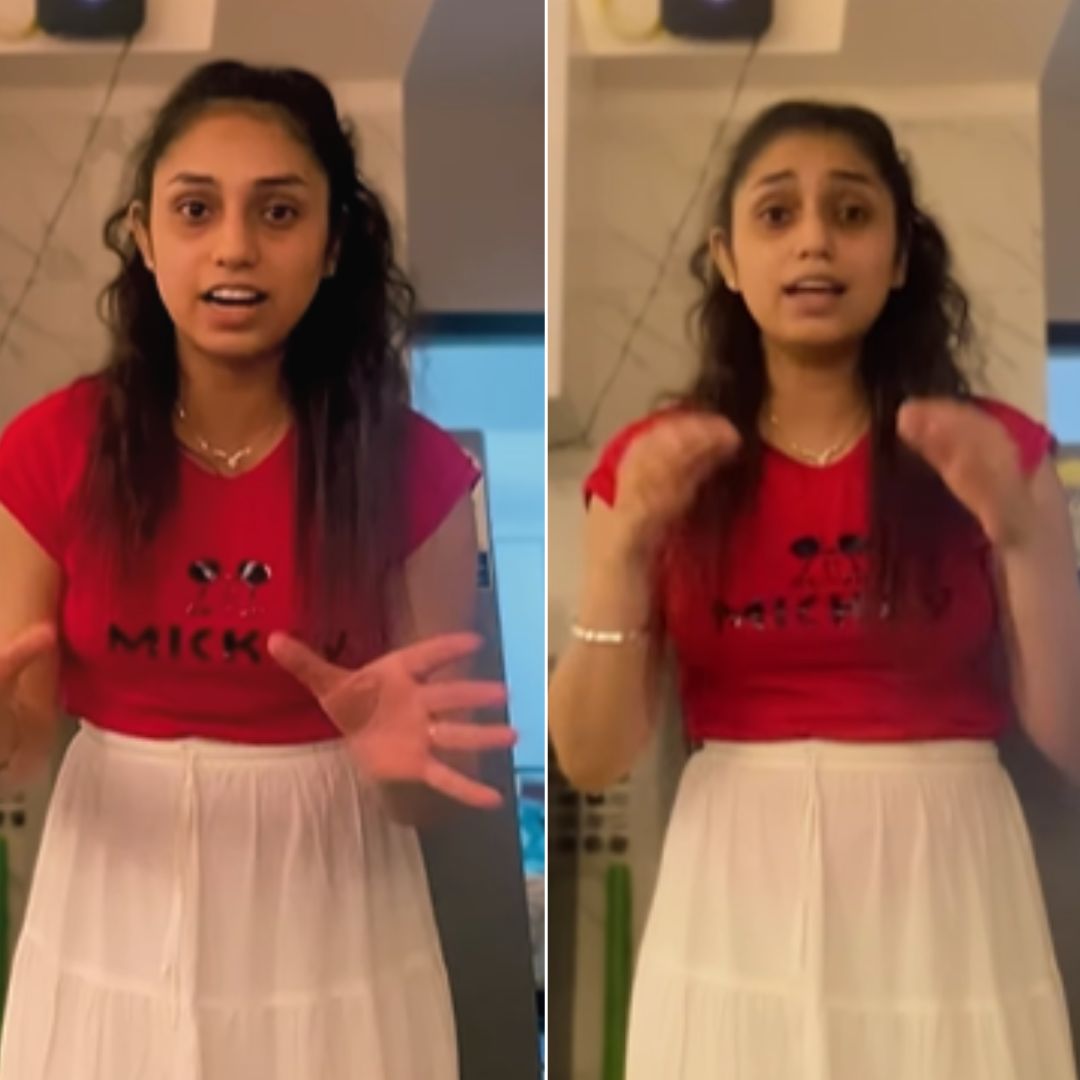A disturbing incident took place in a residential society where a 7-year-old boy allegedly harassed a woman by making inappropriate and harassing remarks, mirroring phrases used in adult eve-teasing. The woman, Kiran Grewal, shared her experience in an Instagram video, describing how the boy called her “O laal pari” and said “Chalegi kya?”, remarks commonly used in harassment by grown men.
The confrontation escalated with the society’s security guard laughing at the incident and only half-heartedly asking the boy to apologise. Kiran emphasized the danger of dismissing such behaviour as harmless “masti” (playfulness), warning that if left unchecked, it becomes harassment.
The incident immediately sparked a viral reaction online, engaging netizens who supported the woman’s perspective and called for responsible parenting and community vigilance.
Community and Public Reaction
Public opinion strongly condemned the guard’s dismissive attitude and the boy’s inappropriate behaviour. Many voiced concerns over the safety of women in public spaces and the role of parenting in controlling such behaviour from a young age. Commenters urged the woman to involve the boy’s parents to correct his actions promptly.
Some social media users questioned societal norms that excuse or downplay harassment when committed by minors, indicating a broader failure to nurture respect and boundaries among children. Kiran’s video has been widely shared, amplifying discussions not only about harassment but also about how children absorb negative behaviours from adults and surroundings, making early correction essential.
The incident has highlighted the urgent need to sensitise society to the thin line between childhood playfulness and unacceptable behaviour.
To prevent incidents like these, it is vital that parents and communities actively engage in educating children about personal boundaries and respectful behaviour from an early age. Schools and neighbourhoods must create safe environments where children feel comfortable reporting uncomfortable incidents.
Regular awareness programs, counselling support, and involvement of caregivers can help guide children to distinguish between harmless play and inappropriate conduct, reducing risks of harassment while promoting empathy and accountability. Strengthening community vigilance combined with legal protections ensures a holistic approach to child safeguarding.
Legal Context and Challenges
This case underscores the complexity of handling harassment allegations involving minors within India’s legal framework. Laws like the Protection of Children from Sexual Offences (POCSO) Act provide protection to child victims while emphasising rehabilitation and counselling for accused children, recognising their vulnerability and capacity for reform.
Authorities face the challenge of balancing child welfare with accountability, ensuring that the child’s rights are not compromised while addressing the victim’s safety and dignity. Experts advocate for a combination of legal safeguards, parental intervention, and community education to foster a conscientious environment where children understand respect and boundaries, mitigating the risk of behavioural issues escalating into criminal acts later in life.
The Logical Indian’s Perspective
The Logical Indian stands for a humane and balanced approach that protects both children and victims in sensitive cases like this. It is imperative to reject any form of harassment while understanding that children reflect their environment and can be guided towards better behaviour through education, empathy, and positive role models.
Society must promote accountability and kindness together, fostering safe spaces where dialogue replaces judgement. This incident challenges communities to think deeply about how to raise socially responsible children while protecting vulnerable members from harm.












